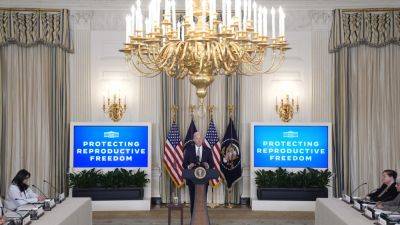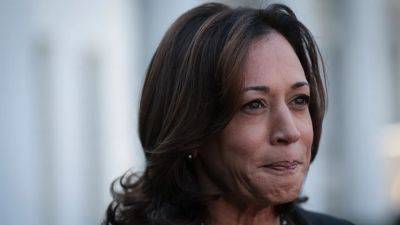What is a government shutdown and why do they happen?
Senate Republicans have warned that a new stop-gap funding measure could become necessary to avert another US government shutdown on 19 January 2024.
Minority leader Mitch McConnell said it was “obvious” that another continuing resolution (or CR) was required to grant bipartisan negotiators in the House and Senate more time to agree on the 12 appropriation bills needed to fund the government for the 2024 financial year and for Congress to enact the legislation.
His deputy John Thune had already warned that a CR lasting until at least March was necessary to allow Republicans and Democrats in both chambers to resolve their differences.
Without one, funding for federal programmes involving transportation, housing, agriculture, energy, veterans and military construction will expire on 19 January and other departments, including defence, on 2 February.
The prospect of having to sign off on a fresh CR represents a potential problem for the new Republican House speaker Mike Johnson, who took up the gavel with a pledge to oppose such temporary accommodations and prioritise long-term funding deals and substantial policy reforms instead, wary of repeating the compromises that led to the ousting of his predecessor Kevin McCarthy by a fractious caucus last October.
Mr McConnell’s comments follow Speaker Johnson and Senate majority leader Chuck Schumer agreeing a $1.59 trillion discretionary spending bill for the new financial year, which began on 1 October 2023.
That deal was applauded by President Joe Biden but has already met with opposition from hard-line Republicans, who refuse to sign without extracting policy concessions, notably fresh restrictions at the US-Mexico border, making life difficult in full knowledge of the coming







